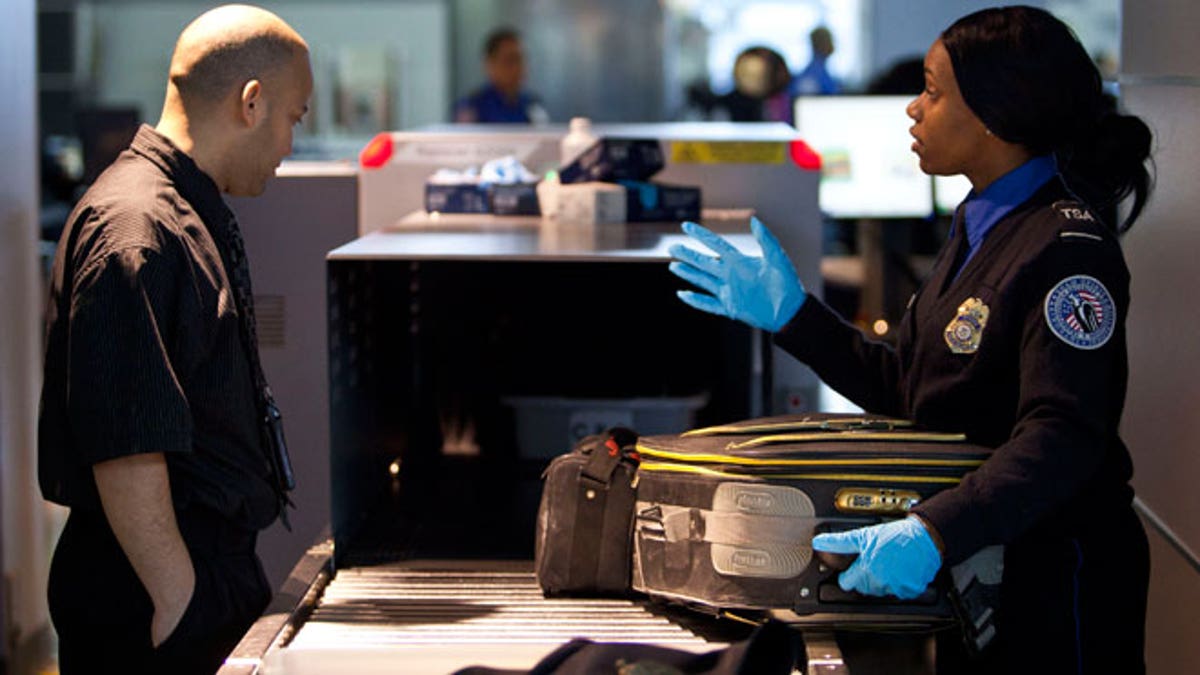
(REUTERS)
A recent report by travel technology heavyweight Amadeus explores the possible evolution of airports between now and 2025, specifically how the passenger’s travel experience can improve.
A good starting point for change are the inefficient pre-departure processes travelers must undergo - a whopping 72% of travelers surveyed cited those annoying and time-consuming series of ordeals as their main gripe with airports.
The good news? Amadeus is betting that in the very near future technology can eliminate most if not all of these travel headaches, creating a better passenger experience that’s miles away from the current situation.
Here’s a look at how the airport experience can evolve in three key areas - check-in/baggage, security screening and boarding.
Check-In/Baggage. Bar coded boarding passes and the ability to check-in online via computer or mobile device are the status quo, but as early as 2015 designated check-in areas of the airport could be obsolete as travel documents enabled with RFID automatically check-in passengers upon airport arrival. Baggage checking is increasingly becoming self-serve, but there’s room for improvement - 57% of frequent fliers surveyed requested permanent electronic bag tags allowing for faster, more secure handling.
Security Screening. Invasive and inefficient are recent descriptions of airport screening procedures, is there anywhere to go but up? Frequent fliers top request was for “improving security while lessening its impact on travelers” - more tangibly, expect to see global “trusted traveler” programs and the use of biometrics (fingerprint, iris or facial recognition, possibly a personal heartbeat -pattern “signature”) to quickly ID travelers.
Boarding. In what seems like another hoop to jump through, travelers are looking to streamline the final process before they can be on their way. Top requests from frequent fliers are the ability to use a mobile device to check-in and navigate through all touchpoints, and the ability to use frequent flier cards as permanent boarding passes.
While all of these advancements point to automation and less human interaction, the fact is that personnel will be freed up to interact in more helpful ways such as providing translation for growing numbers of travelers from Asia, or personal airport guide services for the aging global demographic.
